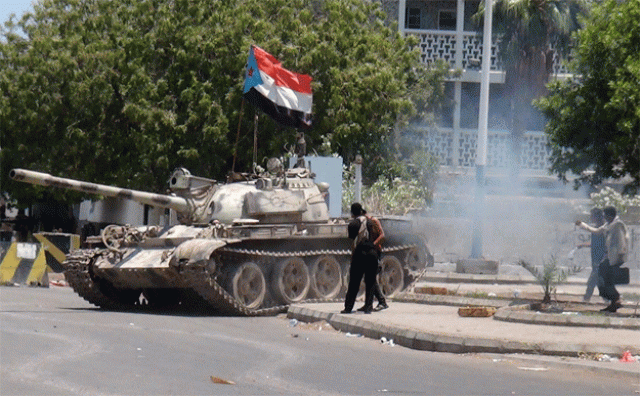Do not waver, stand fast
Yemen conflict has provided us an opportunity to recalibrate our relations with Arab world

A recalibration of our relations with the Arab world was long overdue, and the Yemen conflict has paradoxically provided an opportunity rather than a threat. PHOTO: AFP
Further evidence of frustration to say nothing of confusion comes in the form of an informal interview with the acting Saudi Ambassador to Pakistan, Jassim bin Mohammed Al-Khalidi. He asked how Pakistanis would feel “if we do the same with you in time of crisis?” The answer to that depends very much on how ‘crisis’ is defined. At no time in the current Yemen conflict was the territorial integrity of Saudi Arabia threatened, not even remotely, and militarily the collective Arab states had more than enough hardware to damage the Houthis which they did. Pakistan is correctly committed to supporting Saudi Arabia if and when there is a threat to the holy sites, and equally correctly taking a middle line diplomatically, not committing to either side in such a way as to alienate any state — but at the expense of ruffling feathers in the Arab world which is unused to being told ‘no’. Pakistan is displaying a welcome maturity in this matter, and a more sophisticated understanding of local and regional geopolitics. A recalibration of our relations with the Arab world was long overdue, and the Yemen conflict has paradoxically provided an opportunity rather than a threat.
Published in The Express Tribune, May 1st, 2015.
Like Opinion & Editorial on Facebook, follow @ETOpEd on Twitter to receive all updates on all our daily pieces.



















COMMENTS
Comments are moderated and generally will be posted if they are on-topic and not abusive.
For more information, please see our Comments FAQ